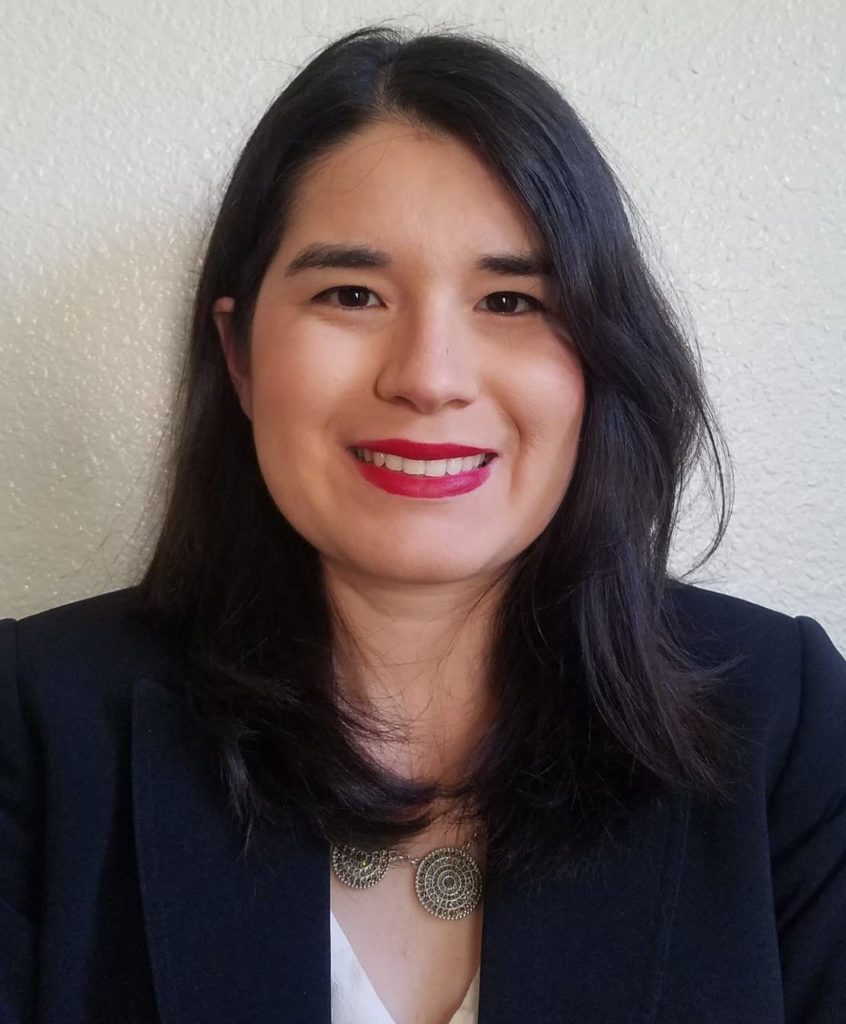Abstract
In the state of California, record breaking wildfires have become a common occurrence. The recent 2020 fire season for instance, brought the largest wildfire on record in the state, the August Complex fire which burned more than a million acres. With wildfires in the state increasing in scale and intensity yearly, it is worth evaluating important features of fire behavior in our state. To this purpose, in this talk I will discuss fire behavior in two different regions in the state, southern California and the Sierra Nevada. I will present results from wind tunnel studies conducted to elucidate key fire behavior metrics and drivers in each of these ecosystems. In the Southern California case, the focus will be on chaparral fire behavior. Chaparral fires are typically classified as crown fires, a dual layer type of wildfire composed of an elevated live crown fuel layer and a dead surface fuel layer. The work to be presented focuses on understanding the processes via which chaparral crown fires ignite, transition, and spread. In the Sierra Nevada case, I will present work focused on examining the likely smoldering behavior of fire behavior of downed woody debris produced during a massive tree mortality event. The increase in tree mortality may lead to a surface fuel regime shift from thin fuels likely to burn in the flaming mode to large woody fuels likely to smolder. Because of this, examining smoldering fire behavior in woody fuels may lead to increased understanding of wildfires occurring in regions undergoing similar fuel regime changes. Thus, the experiments to be presented examined the burning behavior of smoldering woody fuels simulated using wooden structures.
Jeanette Cobian-Iñiguez
Assistant Professor
Mechanical Engineering Department
University of California, Merced
Biography
Jeanette Cobian-Iñiguez is an assistant professor in the Department of Mechanical Engineering at the University of California, Merced. Prior to her current position, she was a Postdoctoral Scholar at the University of California, Berkeley working on smoldering fire behavior of simulated wildland fuels. She completed her Ph.D. at the University of California, Riverside. Jeanette’s new research group at UC Merced focuses on fundamental wildfire behavior, fire dynamics, and the effects of wildfire on the environment. She uses experiments and remote sensing to study laboratory and regional scale wildfire behavior. Jeanette is one of the co-organizers of the California Fire Science Seminar series. She has developed outreach activities and tools aimed teaching K-12 students and communities about wildfires and at increasing the involvement of future generations in STEM careers.
